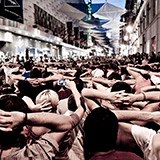
No Cheers For Anarchism
Anarchists are better dreamers than doers. A successful movement requires compromise, organization, and leadership to actually get things done.


Anarchists are better dreamers than doers. A successful movement requires compromise, organization, and leadership to actually get things done.
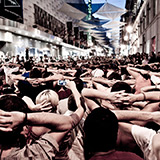
Many popular movements around the world today oppose hierarchy and embrace direct democracy. This is a spirit that we should applaud and help to flourish.

As Alaska warms and glaciers melt, state leaders continue to ignore the role of fossil fuels in climate change and press for additional oil development.

Economic insecurity produces insatiable demands on nature. This is the point where environmentalist and egalitarian projects meet.
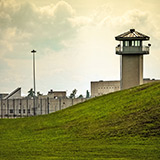
We need to resist the belief that the only way to end mass incarceration is to tackle the root causes of crime.
With a counter-argument by Michael Javen Fortner.
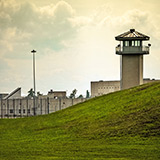
Real criminal justice reform demands profound social change. The fixation on severe sentences and police brutality masks harder truths.
With a counter-argument by Marie Gottschalk.
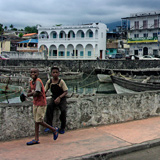
An interview with journalist Atossa Araxia Abrahamian about her new book, The Cosmopolites, and the buying and selling of citizenship.
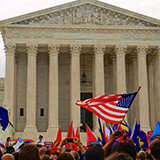
We must tally not only the advantages but also the costs of the LGBT rights movement’s strategic turn to marriage equality.
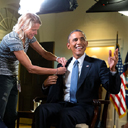
We should not to take refuge in the comforting fallacy that Obama’s failings have been nothing more than the result of bad spin.
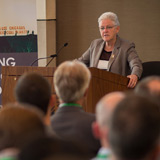
We can’t just sue our way to climate justice, but litigation is one tool that activists can use to sway public opinion and hold those in power to account.
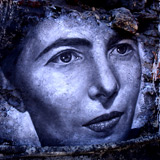
The American marketplace of “wisdom” is booming again. A long tradition of feminist thought reveals how flawed it is—and what true wisdom might look like instead.
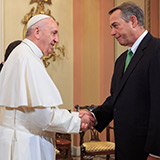
Christianity provides both a program and a passion essential to anti-oppression movements. Its legacy for left politics is one worth fighting for.
With a counter-argument from Susan Jacoby.
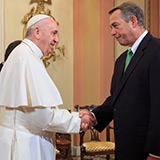
When politics involves difficult moral issues, a free and diverse people cannot decide on the basis of what the god of a Texas legislator has to say.
With a counter-argument from Elizabeth Stoker Bruenig.
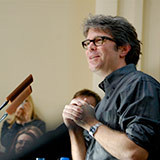
Jonathan Franzen’s quixotic war against the internet
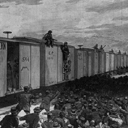
At its most radical, labor republicanism envisioned not only freedom from wage slavery but cooperative self-organization. It also challenged women’s domination in the home—something Alex Gourevitch’s new history misses.